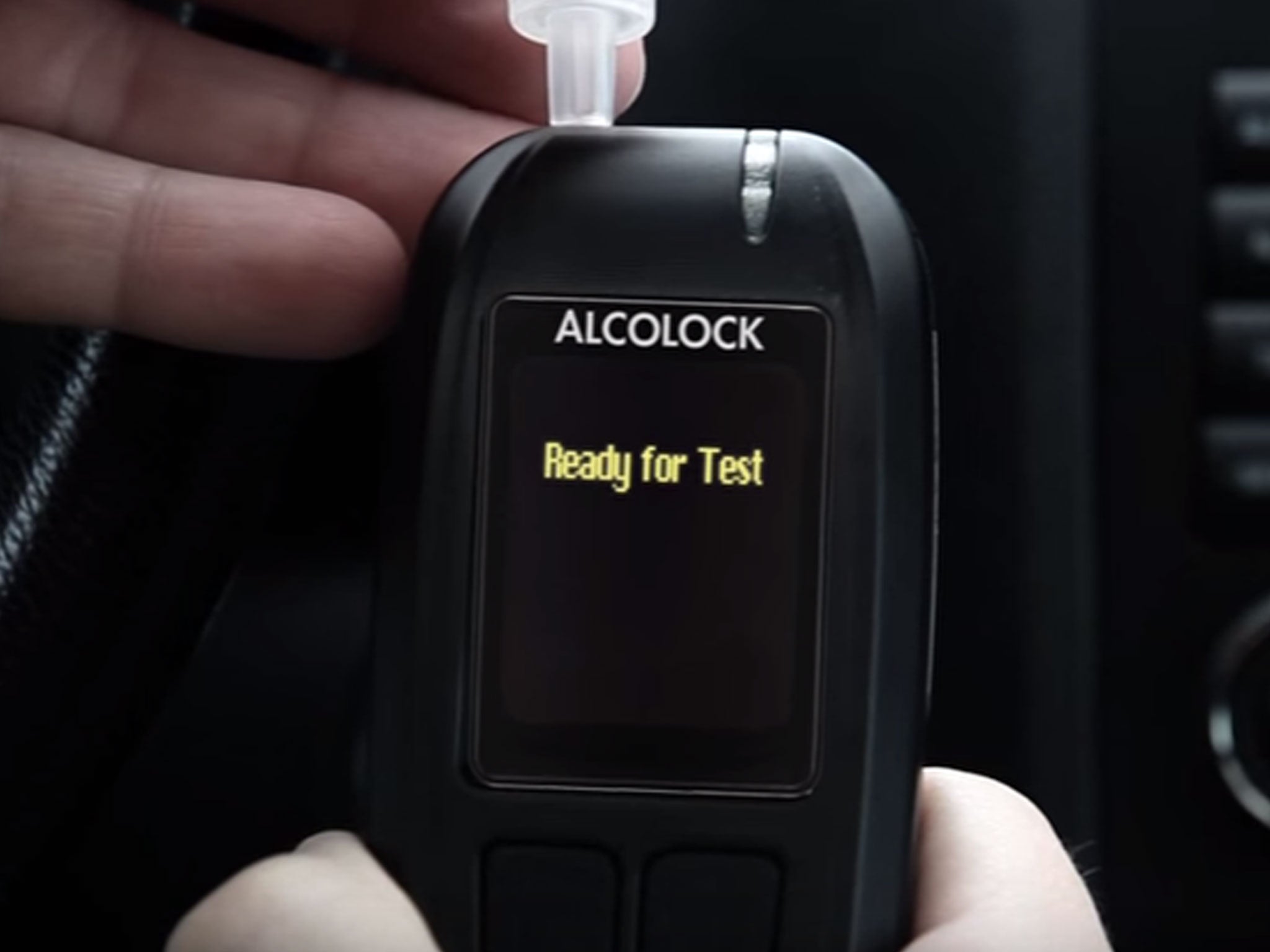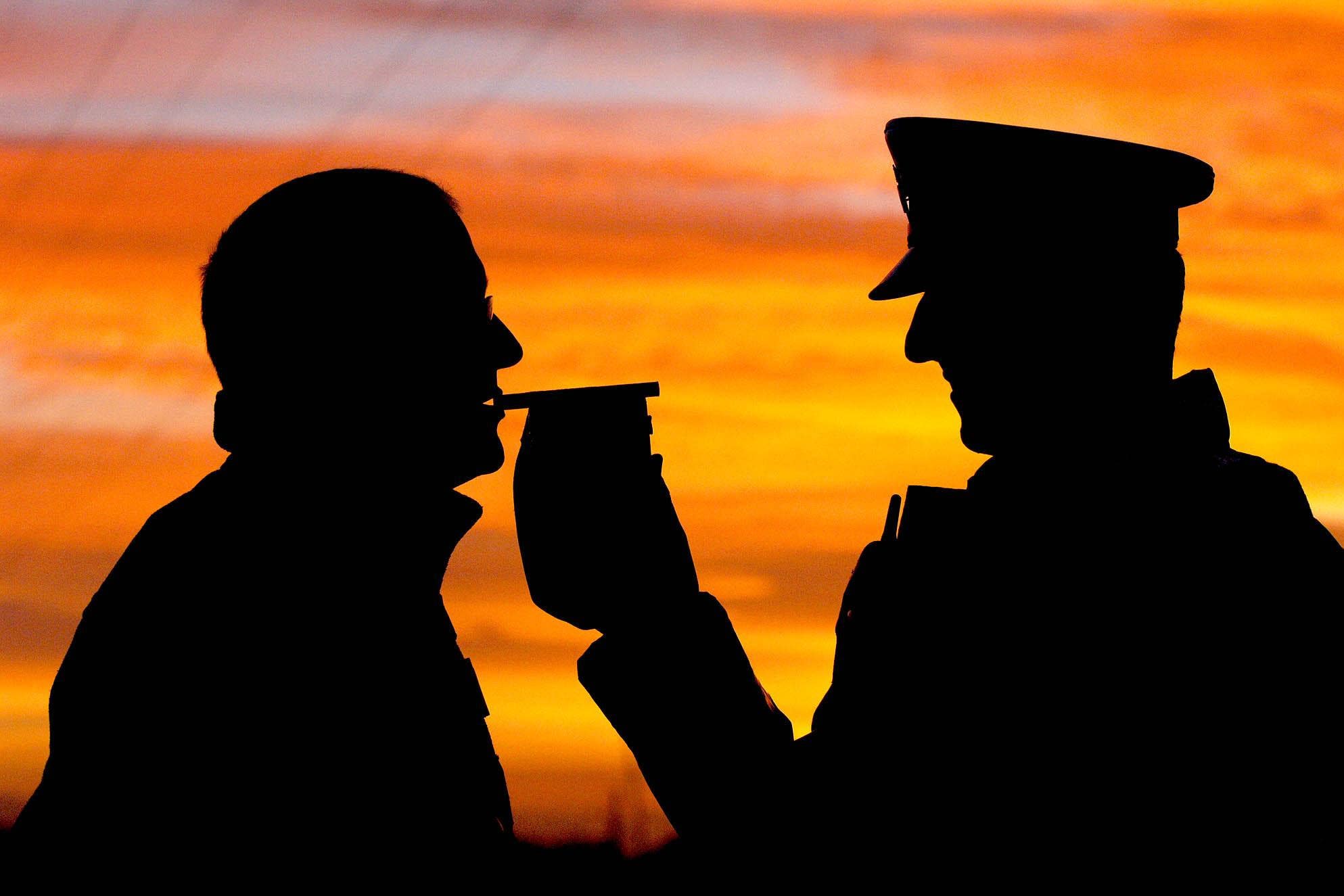Shorouk Express
Get the free Morning Headlines email for news from our reporters across the world
Sign up to our free Morning Headlines email
Sign up to our free Morning Headlines email

A majority of UK motorists support mandatory alcolock installation for drink-driving convicts, according to a recent RAC survey. 53 per cent of the 1,763 drivers polled believe convicted drink-drivers should be required to have these breathalyser-linked devices fitted in their vehicles.
The RAC argues that a trial of mandatory alcolocks should be considered, suggesting that current penalties, such as driving bans, are insufficient deterrents. The organisation points out that repeat offenders continue to pose a risk on the roads, highlighting the need for more effective measures.
Alcolocks function by preventing a vehicle’s engine from starting unless the driver passes a breath test. The devices also conduct random retests during journeys to prevent drivers from circumventing the system by having a sober person start the car.
This technology is already utilised in several countries, including Australia, Belgium, Canada, and parts of the US, often coupled with shorter driving bans as an incentive.
In the UK, drink-driving convictions result in a minimum 12-month driving ban, with the possibility of a reduced ban upon completion of a rehabilitation course. Offenders also face fines and potential imprisonment.
Some 53 per cent of respondents to the RAC’s survey said they would support courts being permitted to order anyone convicted of drink-driving to have an alcolock fitted to their vehicle.
Nearly a quarter (23 per cent) did not think the idea would reduce the number of offences, and the same proportion were undecided.

open image in gallery
Driver and Vehicle Licensing Agency statistics previously obtained by the PA news agency revealed 27,837 British motorists were convicted of drink-driving multiple times in the 11 years to July 20 2024.
Some 372 were caught at least four times, including four who were prosecuted on seven occasions.
Latest Department for Transport (DfT) figures show an estimated 300 people were killed in crashes on Britain’s roads involving at least one driver over the legal alcohol limit in 2022.
That was up from 260 the previous year and was the highest total since 2009 when 380 deaths were recorded.
RAC head of policy Simon Williams said court orders that mandate alcolocks to prevent reoffending “could be worth exploring in a trial” and called for the Government to consider the proposal in its upcoming road safety strategy.
He went on: “Too many lives are lost and ruined by drink-driving.
“It’s also very apparent that many of the drink-drivers caught by the police are reoffenders which implies something different needs to be done to change this dangerous behaviour.
“Drivers have told us they believe that alcohol-interlocks – either just for repeat drink-drivers or for everyone convicted of the offence – could be a good way of reducing drink-drive collisions and the resulting deaths and injuries which are currently far too high.
“We are aware that their use may be seen as a soft option by some, but experience from other countries suggests the opposite.
“Simply banning habitual drink-drivers doesn’t seem to be the answer even though they face a prison sentence, as all too often they just get behind the wheel again anyway.”

open image in gallery
The drink-drive limit in England, Wales and Northern Ireland is 80mg of alcohol in 100ml of blood.
Nowhere else in Europe has a limit above 50mg/100ml.
The Scottish Government reduced its limit to that level in 2014.
A DfT spokesperson said: “We take road safety extremely seriously, and there are already strict penalties in place for those who are caught drink-driving.
“We are committed to improving road safety, and our well-established Think! campaign is designed to reduce the number of those killed and injured on our roads.”
The RAC commissioned research company Online95 to conduct the survey from November 15-24 last year.






















